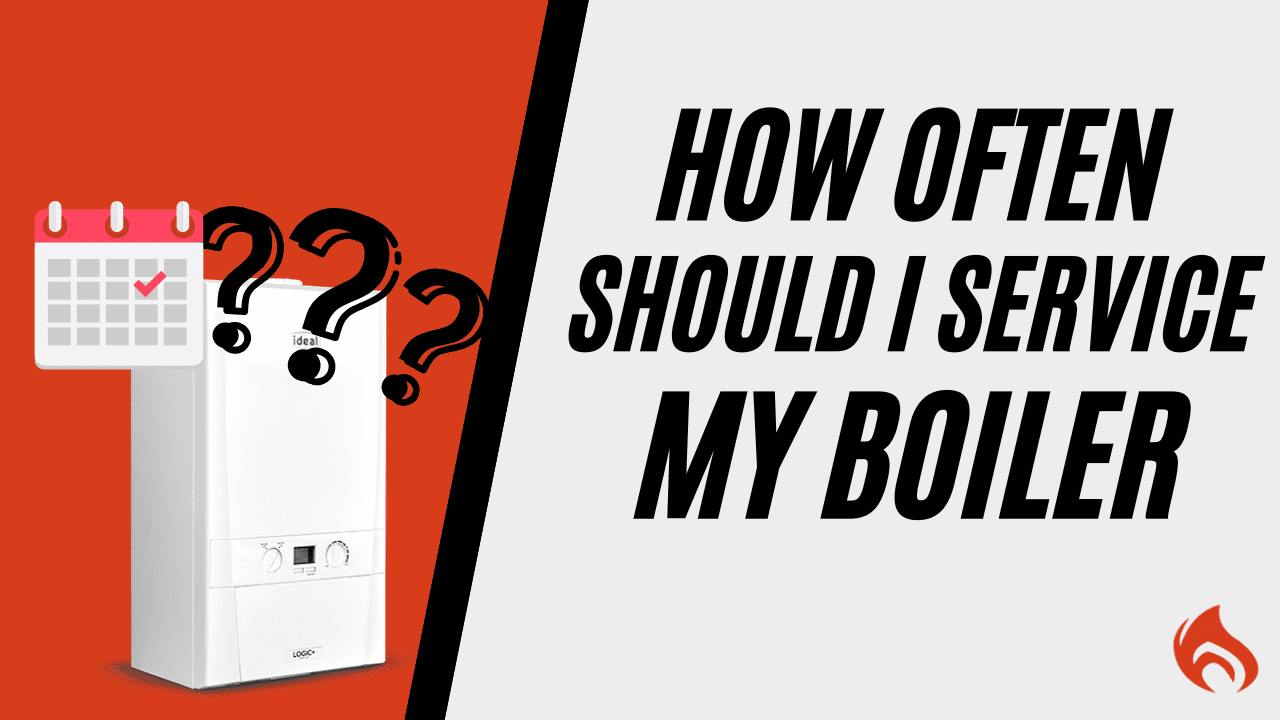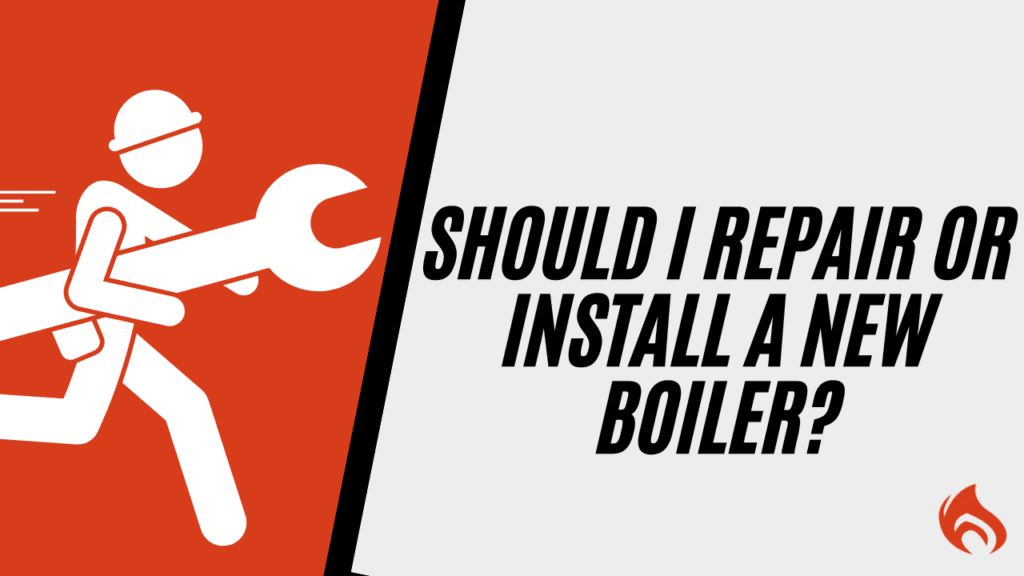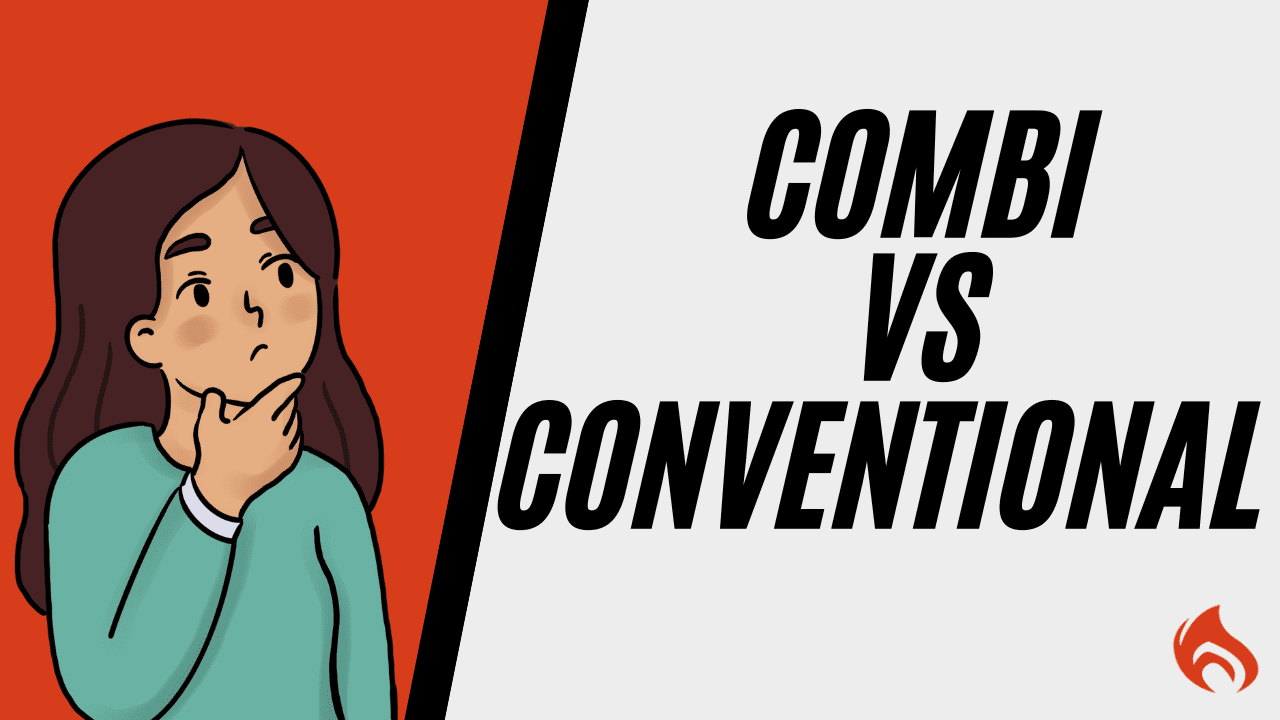
How Often Should I Service My Boiler?
How Often Should I Service My Boiler? Table of Contents Picture this: it’s the middle of winter, your home is

When it comes to maintaining a comfortable home, having a reliable boiler is crucial. Boilers provide essential heating and hot water; when they start to malfunction, it can lead to discomfort and inconvenience. But how do you determine whether you need a new boiler installation or if a repair will suffice? This guide will help you understand the signs that indicate whether it’s time for a new boiler or if a repair might be the solution.
If your boiler is struggling to maintain a consistent temperature or if you’re experiencing cold spots in your home, it might be a sign that your boiler needs a repair. Issues with the thermostat, radiator valves, or other components could be causing uneven heating.
Unusual noises such as banging, whistling, or gurgling can indicate problems within the boiler. These noises may be caused by air trapped in the system, a buildup of sludge, or issues with the burner or pump.
Water leaks from your boiler or associated pipework are a clear sign of a problem. Leaks can result from internal component failures, corroded pipes, or faulty seals. Prompt repair is essential to prevent water damage and further issues.
If your boiler’s pilot light keeps going out, it could be a sign of a faulty thermocouple or an issue with the gas supply. Regularly flickering or extinguishing pilot lights often require professional repair.
Low water pressure can affect your boiler’s efficiency and performance. This could be due to a leak in the system, a faulty pressure valve, or an issue with the expansion vessel.
Modern boilers are equipped with diagnostic systems that display error codes or warning lights when there’s a problem. Refer to your boiler’s manual or contact a professional to interpret these codes and determine the necessary repairs.

Boilers typically have a lifespan of 10 to 15 years. If your boiler is older and experiencing frequent breakdowns, it might be more cost-effective to replace it rather than continue with repairs
If your boiler is constantly breaking down despite regular repairs, it could be a sign that it’s reached the end of its service life. Frequent issues can indicate that the boiler is no longer reliable or efficient.
Older or inefficient boilers can lead to higher energy bills. If your heating costs have increased significantly and you have an older boiler, it might be time to consider a new, more energy-efficient model.
If you’re upgrading to a more advanced heating system or renewable energy sources, your old boiler might not be compatible. In such cases, a new boiler installation would be necessary to integrate with modern systems.
If key components like the heat exchanger or burner are failing, it might be more cost-effective to replace the entire boiler. Major failures often require extensive repairs that can exceed the cost of a new unit.
Extensive corrosion or physical damage to the boiler can compromise its safety and efficiency. In such cases, replacing the boiler is often the safer and more practical option.

Assess the Situation: Consider the age of your boiler, the frequency of issues, and the overall condition of the unit. A professional heating engineer can help diagnose the problem and recommend whether a repair or replacement is more appropriate.
Cost Considerations: Weigh the cost of repairs against the cost of a new boiler. Sometimes, investing in a new, energy-efficient boiler can lead to long-term savings on energy bills and repair costs.
Energy Efficiency: Newer boilers are more energy-efficient and environmentally friendly. Upgrading to a new model can reduce your carbon footprint and lower your energy bills.
Professional Advice: Consult with a qualified heating engineer who can provide a detailed assessment of your boiler’s condition and offer expert advice on whether repair or replacement is the best option.
Sometimes, a simple fix is all your boiler needs to get back to working efficiently. Here are the key reasons to opt for a repair:
✅ Lower Upfront Cost – Repairs are generally cheaper than a full replacement, making them a budget-friendly option if the problem is minor.
✅ Quick Fix – A repair can often be completed within a day, restoring warmth and hot water to your home without major disruption.
✅ Extends Lifespan – Fixing issues as they arise can help extend the life of your boiler, delaying the need for an expensive replacement.
✅ Eco-Friendly Choice – Keeping your current boiler running efficiently means less waste compared to disposing of an old unit and installing a new one.
🚩 When Repair Might Not Be the Best Choice:
Your boiler is over 10-15 years old
It frequently breaks down
The repair cost exceeds 50% of the price of a new boiler

Sometimes, investing in a new boiler is the smarter, more cost-effective decision. Here’s why:
🔥 Improved Efficiency – Modern boilers are far more energy-efficient, meaning lower heating bills and a reduced carbon footprint.
🔥 Fewer Breakdowns – A new unit is more reliable, reducing the stress and cost of repeated repairs.
🔥 Increased Property Value – A new, high-efficiency boiler is an attractive feature for potential buyers if you plan to sell your home.
🔥 Warranty Protection – New boilers come with manufacturer warranties, covering major parts and labor for several years.
🚩 When Installation Might Not Be Necessary:
Your current boiler is less than 10 years old
The issue is minor and inexpensive to fix
Your heating bills are reasonable and haven’t increased significantly
To help decide whether to repair or install a new boiler, ask yourself:
🔎 How often does my boiler break down? If repairs are becoming frequent, replacement is the better long-term investment.
🔎 How much is the repair cost? If the cost of a single repair is approaching half the price of a new boiler, replacement makes more sense.
🔎 How old is my boiler? If it’s over 10-15 years old, replacement is usually the best choice.
🔎 Are my energy bills rising? An inefficient boiler could be costing you more in the long run than investing in a new one.
🚨 Major Component Failures – If essential parts like the heat exchanger or burner fail, the cost to replace them is often higher than getting a new boiler.
🚨 Corrosion and Rust – If the boiler is showing visible signs of corrosion, it’s likely on its last legs.
🚨 Outdated Technology – Older boilers lack modern energy-saving features, meaning they’ll never be as efficient as a new model.
🚨 Unavailability of Spare Parts – If your boiler is old, finding replacement parts can be expensive or impossible.
🚨 Rising Energy Bills – A new boiler could save you hundreds per year on heating costs compared to an old, inefficient system.

When your boiler starts acting up, you face a crucial decision: repair it or replace it with a new one. Each option has its own benefits and drawbacks, and making the right choice can save you money, improve efficiency, and ensure your home stays warm and comfortable. Let’s put boiler repair and boiler installation head-to-head to see which one comes out on top.
When your boiler starts acting up, you face a crucial decision: repair it or replace it with a new one. Each option has its own benefits and drawbacks, and making the right choice can save you money, improve efficiency, and ensure your home stays warm and comfortable. Let’s put boiler repair and boiler installation head-to-head to see which one comes out on top.
💰 Choose Repair if your boiler is relatively new, has minor issues, and the repair costs are low.
🚀 Choose Replacement if your boiler is over 10-15 years old, breaks down frequently, or is driving up your energy bills.
Still unsure? Consult a professional heating engineer to assess your boiler’s condition and recommend the best course of action. Making the right choice now can save you money, reduce stress, and keep your home warm and comfortable all year round!

How Often Should I Service My Boiler? Table of Contents Picture this: it’s the middle of winter, your home is

Combi Boiler vs Conventional Boiler: What’s the Difference? Table of Contents Choosing the right boiler for your home isn’t just